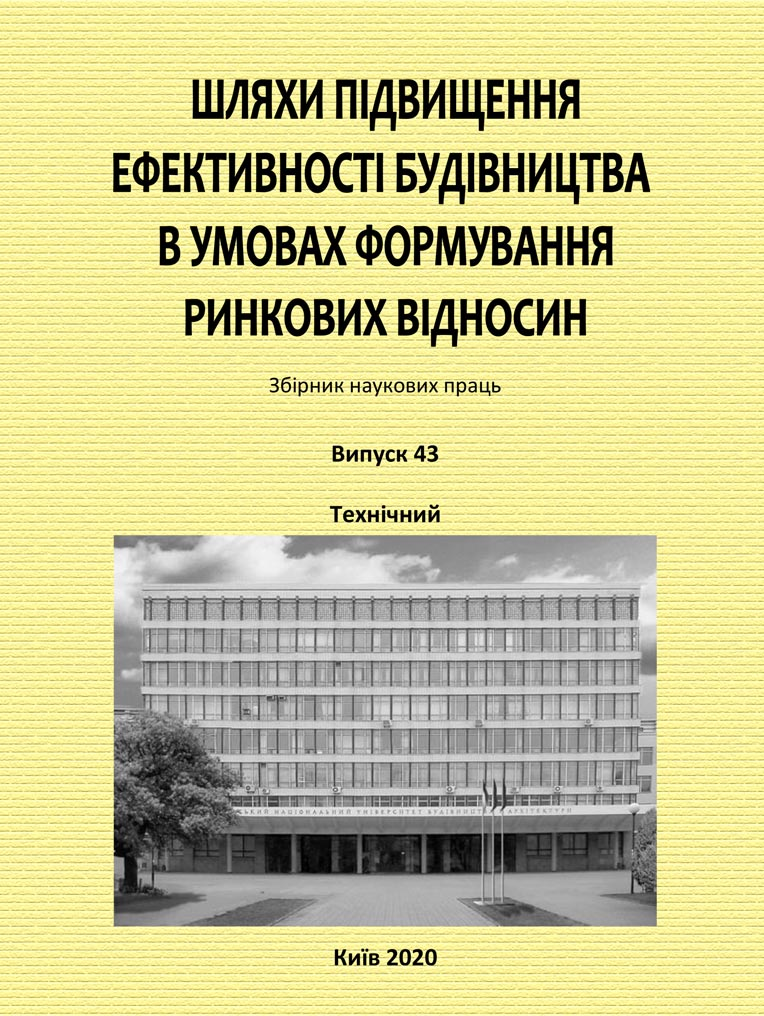The history of privatization and re-privatization of PJSC Ukrtelecom
DOI:
https://doi.org/10.32347/2707-501x.2019.42.34-40Keywords:
privatization, reprivatization, state property, telecommunication companyAbstract
The privatization of strategic assets, which was announced last year, has not yet begun. In 2018, the State Property Fund of Ukraine plans to bid 893 enterprises for privatization and receive UAH 22.5 billion from privatization. One of the reasons is that it is difficult for potential investors to understand the legal framework and the conditions in which the entire law enforcement system operates. The purpose of the study is to identify the main problems, obstacles, mechanisms of privatization of state-owned enterprises on the basis of the historical analysis of privatization and re-privatization of PJSC “Ukrtelecom”, which is a typical example of privatization of large strategic objects of the country.
The article discusses the history of privatization of state-owned enterprises, in particular the advantages and disadvantages of the decision to re-privatize the strategic object of Ukrtelecom PJSC and the reasons for the return to the state ownership of a stake in the enterprise. A comparative analysis of the company development indicators, including the number of staff and the volume of local telecommunication services and Internet services from 2007 to 2018, was found. Privatization did not help to increase the efficiency of the company, but its indicators are steadily decreasing. Thus, in 2007, the company employed 105 thousand people, and in 2018 - 25 thousand people. The volume of services is also steadily declining. Also, the owner does not invest in the company, which was a condition for privatization. Failure by the new owner of social and other obligations, which may be grounds for re-privatization of the company.
Despite numerous attempts to oblige investors to fulfill their commitments, the company continues to be in a state of contraction. But attempts at re-privatization have not been implemented at this time. The analysis showed that in times of fighting in the country, the investment climate is unstable and volatile, the issues of re-privatization should be approached with caution. Thus, the re-privatization of Ukrtelecom may adversely affect the investment flow in Ukraine, and this negative factor may affect the plans of the Cabinet of Ministers of Ukraine for large-scale sale of state assets, creating so-called "image losses" of the country.
References
1. On the peculiarities of privatization of the joint-stock company “Ukrtelecom” Law of Ukraine №1280-IVfrom 22.05.2003 // Verkhovna Rada of Ukraine - 2003 - №37 Art.300.
Mostovenko, O.O. (2016) Problematic Aspects of Privatization of the Ukrtelecom Strategic Object. Formation of market relations in Ukraine, 7-, 127-131
Alexander Moiseenko, Vsevolod Nekrasov. (October 20, 2010). And is there anything to return: the state can get from Akhmetov "dead" Ukrtelecom Economic truth. URL: https://www.thoughda.com.ua/publications/2017/10/20/630269/
Azarov and Arbuzov announced new suspicions. Economic truth. URL: https://www. thoughda.com/columns/2018/01/31/.
5. The only Judicial Contact Center of Ukraine. URL: https://ki.arbitr.gov.ua/sud5011/pres-centr
Oficijnij sajt PAT “Ukrtelekom” URL: www.ukrtelecom.ua.
Downloads
How to Cite
Issue
Section
License
Copyright (c) 2020 O. O. Mostovenko

This work is licensed under a Creative Commons Attribution 4.0 International License.
Authors who publish with this journal agree to the following terms:
- Authors retain copyright and grant the journal right of first publication with the work simultaneously licensed under a Creative Commons Attribution License that allows others to share the work with an acknowledgement of the work's authorship and initial publication in this journal.
- Authors are able to enter into separate, additional contractual arrangements for the non-exclusive distribution of the journal's published version of the work (e.g., post it to an institutional repository or publish it in a book), with an acknowledgement of its initial publication in this journal.
- Authors are permitted and encouraged to post their work online (e.g., in institutional repositories or on their website) prior to and during the submission process, as it can lead to productive exchanges, as well as earlier and greater citation of published work (See The Effect of Open Access).

